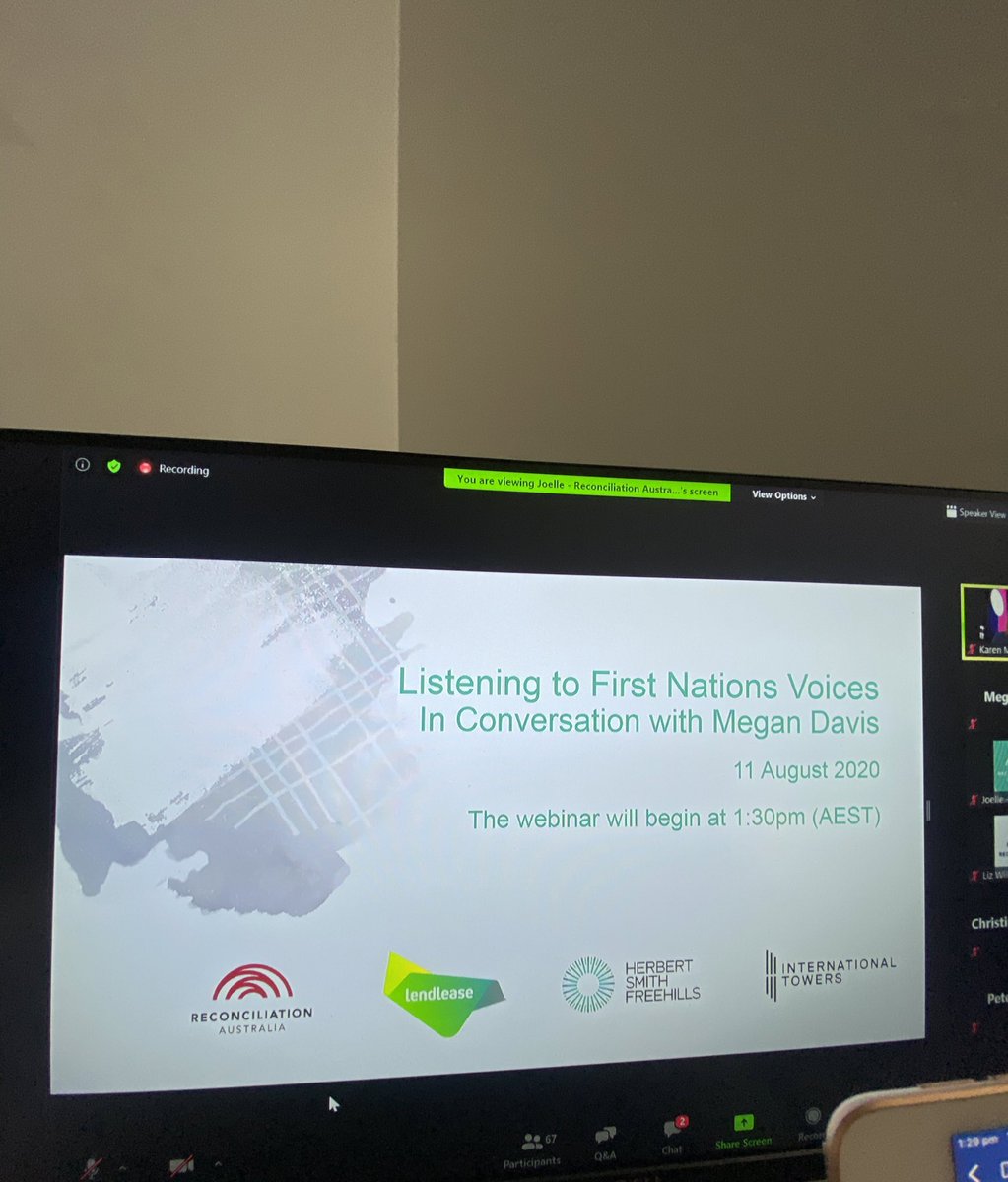
themonthly.com.au/issue/2020/jul…
google.com.au/amp/s/amp.thea…
ulurustatement.org/our-story
ulurustatement.org/our-story
anao.gov.au/work/performan…
assess applications in a manner that was consistent with the guidelines and the department’s public statements”
or
“meet some of its obligations under the Commonwealth Grants Rules and Guidelines”
“keep records of key decisions;
or
establish performance targets for all funded projects.”


